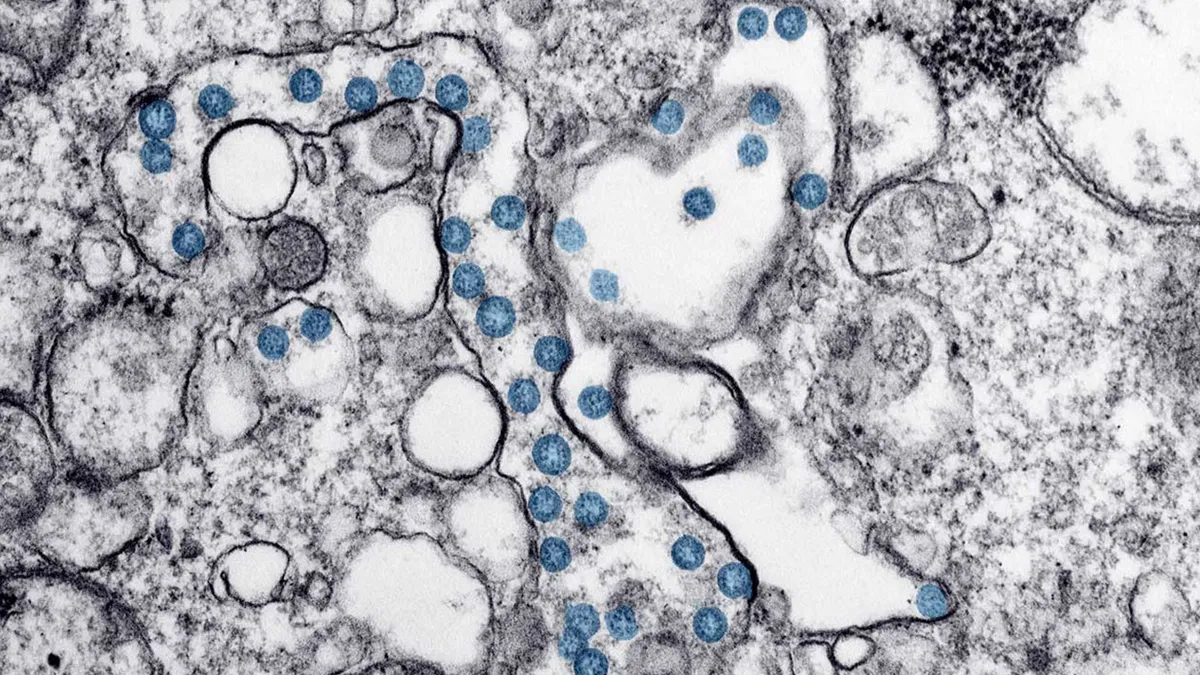Dive Brief:
- OraSure Technologies on Monday said it received a $710,310 contract from HHS' Biomedical Advanced Research and Development Authority to develop a rapid self-test for coronavirus antigens that could be administered in the home using oral fluid samples.
- OraSure said it plans to use the BARDA funds to develop the test over the next four to six months and then seek emergency use authorization from FDA to sell it on the U.S. market.
- The company said the pan-SARS-coronavirus tests, once developed and authorized, could be shipped directly to homes. The portable rapid test platform could provide results in 20 minutes.
Dive Insight:
A reliable COVID-19 diagnostic screening able to be self-administered — if authorized and accurate — could be a game changer for a U.S. healthcare system stymied by a shortage of test kits. A hobbled start to comprehensive testing has put the country on the back foot in terms of tracking the next hot spots, especially compared to countries that more successfully put in place widespread testing, such as South Korea.
As the pandemic accelerated, FDA became concerned about fraudulent COVID-19 test kits marketed and warned the public it had not yet authorized any tests for the virus performed at home. The regulator said it would take action to protect consumers against "bad actors who take advantage of a crisis to deceive the public by marketing tests that pose risks to patient health."
BARDA is the federal agency tasked with speeding development of vaccines, therapies and diagnostic tests to address public health emergencies such as the coronavirus pandemic. During the current crisis, it has doled out funding to companies including Hologic, which is developing a high throughput COVID-19 diagnostic test to process up to 1,000 tests in a 24-hour period.
Other companies receiving BARDA funding in the pandemic response are Qiagen, developing a testing cartridge that detects the genetic material of the COVID-19 virus, and Mesa Biotech, with a test designed to provide molecular results indicating the presence of the virus based on nasopharyngeal swab samples.
Rick Bright, BARDA director, said in OraSure's announcement that at-home testing could enable asymptomatic people to take immediate action to prevent the virus from spreading. “We need to put tests into people’s hands to know their infection status and protect their loved ones."
OraSure said it expects an in-home self-test for the coronavirus to eliminate trips to the hospital and alleviate pressure on healthcare systems. The company touted its track record with in-home infectious disease testing, pointing to its oral fluid self-test for HIV that has been used to diagnose millions of people globally. In October, the company received FDA De Novo clearance for a rapid diagnostic test for the Ebola virus initially developed in 2015 under the EUA pathway.













